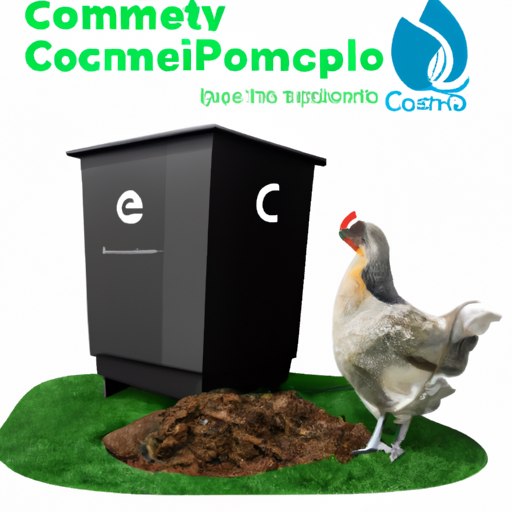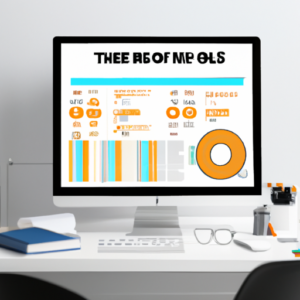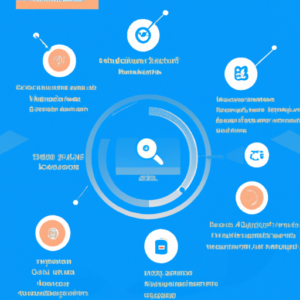In a world where sustainability is no longer a choice but a necessity, innovative solutions are emerging to tackle the pressing issue of food waste. One such solution comes from Mill, a food waste startup that has recently released a new design of its bin. This bin grinds and dries food scraps, turning them into compost-like grounds that can feed plants and chickens alike.
The new bin, as reported by TechCrunch, looks similar to the old one, maintaining a sleek aesthetic that fits into any kitchen decor. However, the internals have been completely redesigned to be more energy-efficient and faster. The previous design could take up to 20 hours to complete a cycle of grinding and drying. The new design, however, can complete the same process by breakfast time.
The redesigned internals turn the grinding paddles on their sides, adding an additional axle to ensure they sweep the whole bin. The drying function has also been rethought. Instead of having heating elements below the bin, they now surround the entire bin, and a fan blows hot air through the food waste as it’s being processed. A charcoal filter remains on the back to absorb any off odors.
Mill initially partnered with the U.S. Postal Service, where mail carriers would pick up the grounds to be sent to a processing facility. There, they would be refined into chicken feed. This program continues nationwide, and a standards body recently certified Mill’s feed product, which should help the startup speed adoption among interested farmers.
In Phoenix, a nearby farm, R.City, will collect grounds from Mill households and use it on their fields. The service includes maintenance, grounds pickup, and four deliveries of compost annually. For a bit extra, customers can get a farm box delivered. Mill has added a few more farms since.
Mill initially offered its bin only through a subscription, but in recent weeks, it quietly added the option to purchase one outright for $999. The subscription cost has gotten cheaper when billed annually, down $36 to $360, but more expensive when billed month-to-month ($50, up from $45). Anyone can try it for 30 days free.
With its focus on hardware and selling to consumers, Mill is a bit of an outlier in climate tech. However, its substantial war chest of more than $232 million, according to PitchBook, should help. The fact that the company is booking revenue should also help it cross the valley of death that often claims early stage startups.
In conclusion, Mill’s innovative solution to food waste is a testament to the power of technology in driving sustainability. It’s a reminder that every bit of effort counts in our collective fight against climate change. As businesses, it’s crucial to support and adopt such innovations, not just for the sake of our bottom line, but for the future of our planet.








